You are ready to buy your dream home and want to get the most out of your money so you might find useful reading about mistakes to avoid when buying a short sale. You’ve heard that there can be great deals in the market, especially if it’s a home in a foreclosure. Maybe you could buy a bigger house or more land if you buy one that has been taken over. You heard that you can save 5% to 20% of market value. When you buy a house, you save a lot. While the pace of foreclosures has slowed down overall, they still exist and offer some benefits. Consider these 7 things if you are considering purchasing a foreclosed home.
1. Consider Repairs & Costs
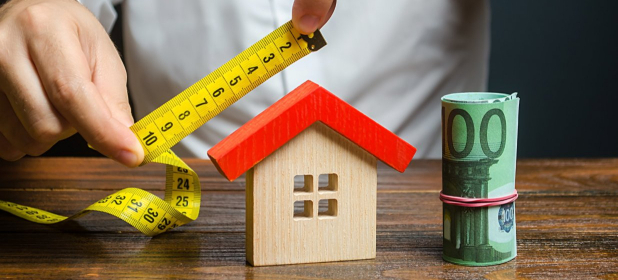
Often a home that is under execution exists because its previous owner had financial difficulties. It can also be a house that has been left empty for some time. He could be dirty, run-down or even vandalized. Don’t get caught up in the excitement you’re saving. It is necessary to consider how much you also need to spend. If your home needs repair, it comes at a cost. A home may require additional work and money. In the event of foreclosure, it is important to consider the actual dollar amount for repairs and labor. Additionally, after you put that money back into your home, will you spend more than the home is worth? Avoid buying what you see as an offer. Then you spend so much on repairs that you exceeded the true value of your home.
2. Skipping an Inspection
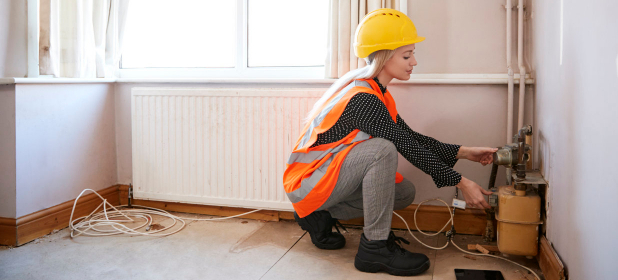
While you may want to save money by purchasing a foreclosure, skipping an inspector is a terrible way to save it. Inspectors are trained professionals who can learn things about a home that are not visible on the surface. Depending on where you live, a certified inspector will charge you $300 to $800. It’s money well spent. An inspector can identify potential problems before making a major purchase. Is there mold, plumbing, stove problem? These are costly matters that you would like to be aware of before purchasing a repossessed home.
Sure, the house looks fine, but what’s going on inside the walls and under the floors? A 2011 study by Harris Interactive found that 72 percent of US homeowners agree that a home inspection they had when purchasing their current home has helped them avoid potential problems; 64 percent of respondents said home inspection had saved them money. The American Society of Home Inspectors website has a searchable database of certified inspectors. Join while the inspector looks at the property. Ask questions. Take notes. Most inspectors charge between $ 300- $ 500 for their services; it’s up to you to determine how much it will cost to fix the problems.
3. Act alone instead of using the services of professionals

Buying a foreclosed home is different from buying a home that has not been foreclosed. It’s a big mistake to try to do this without the advice and guidance of real estate professionals and lawyers. Buying this kind of home is full of potential problems and complexities. You need a professional to guide you through this process. Find a real estate professional who understands the purchase foreclosure process. Legal advice is also essential to make sure that the laws and regulations related to foreclosure are complied with in your favor. Buying a home, not foreclosure, can be done quite quickly. You can close frequently in 6 to 12 weeks. Buying a repossessed home often takes much longer. Using the services of a specialist as part of the process can help prevent unnecessary obstacles that can make the process longer.
4. Pure foreclosure

You want to be sure that you are buying a home that is pure acquisition. What does it mean? Clean floors? Clean showers? Not exactly.
A pure foreclosure is one that also excludes any liens, tax debts, or utility bills that come with your home. If you buy a takeover that is not clean, you may be bearing those pledges and house bills. This may result in unexpected purchase costs.
5. Buying more than you can afford
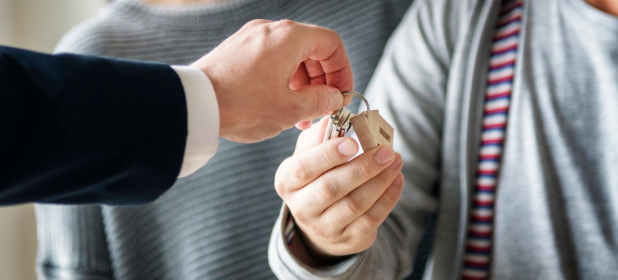
Many investors have gone wrong buying more homes than they can afford. This is especially difficult with foreclosures. If the foreclosure needs fixing, more money is needed. The value of your home can change, increasing the tax burden on your home. It’s easy to think you want to buy a bigger home because you can buy it cheaper. No more than 20% to 25% of the salary taken home should go towards the cost of the mortgage. Be careful of thinking that you can buy a more expensive home just because you can buy it cheaper at the time of sale.
6. Not doing homework

Buying foreclosure involves homework. These houses have some luggage. This can take different forms:
- liens, tax bills, utility bills
- neglect
- abuse by the previous owner
If the house is owned by a bank, no disclosure statement will be provided. If the previous owner is not directly involved in the sale, they will not provide you with information about the house. Research and use the help of inspectors and real estate specialists to find out as much as possible about your seized home. Prevent the creation of surprises later.
7. Invest In Foreclosure
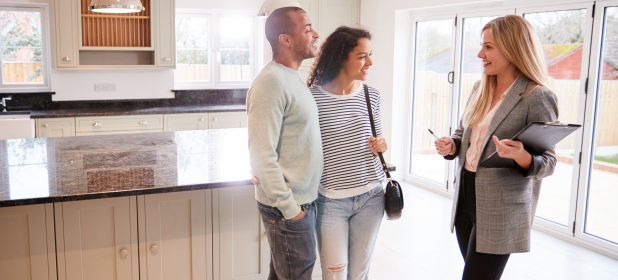
Purchasing a foreclosed home can be a great investment, but you need to be prepared. Many investors participate in this thinking they will make quick fixes and reverse it to make a quick profit.
It does not always work that way in an execution. They often depreciate before they come back. Thinking that you can change your home in the short term can backfire.
You need to consider the money you’ve invested in the property to make it worth reselling. Then the market has to support the higher price.
Experts believe that you should plan to stay in the acquisition for up to ten years before the investment becomes worthwhile. Consider whether you want to buy a foreclosure hoping to make money quick. If so, this is probably not the right route.
Invest in foreclosure knowing that you will be making money on the property in the long run.
8. Don't limit yourself

You can search your property with the intention of buying a foreclosure, but don’t put your blinds on and assume these are the only homes you should check. Yes, there are several competitively priced real estate acquisitions on the market, but the same can be said for traditional auctions.
Foreclosure often involves baggage – lien on property, necessary repairs, and so on. A traditional retailer can be more flexible to repair or negotiate the price. Also, if you limit your search to foreclosed properties, you may not find your chosen neighborhood or home with the style you’ve always dreamed of. Don’t rule out anything. Keep an open mind to get the best home for your money.
9. Don't go alone
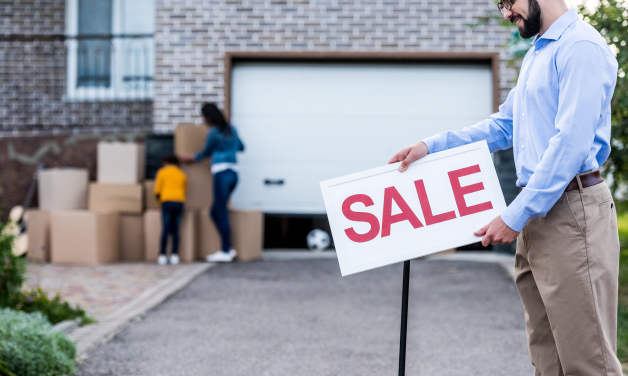
Find a real estate agent who is knowledgeable about the complexities of the acquisitions market. Whether you are looking for pre-execution, short sale or bank owned property, you will need guidance from a specialist who is experienced in buying and selling this type of property in your local market.
Likewise, you must remember that real estate agents are not lawyers. Foreclosure laws and regulations are complex and vary by state. Don’t rely on your real estate agent for legal advice; be prepared to consult a local real estate attorney who understands how these purchases work.
10. Know your stuff
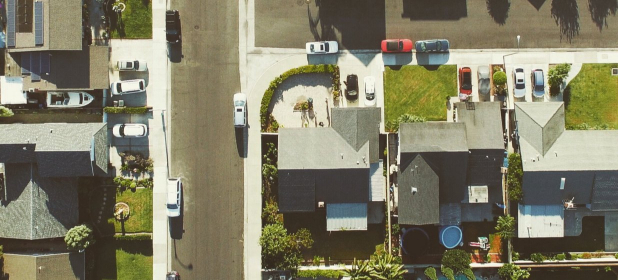
Find out how much you can spend. Explore the neighborhood where you want to buy. Explore the process. Securing advance financing is important as it will qualify you to purchase the property. Pre-approval will give you more bargaining power when it is time to bid. Target a specific neighborhood or two to avoid being overwhelmed with offers. Ask your agent to notify you of offers in these areas that match your other criteria, such as size and cost. Check out the comparable last sale for a good understanding of the market. Even if you work with a qualified agent and lender, you need to work a little beforehand to familiarize yourself with the basics of the foreclosure process. Learning the jargon will give you credibility and help others understand that you are serious about this purchase. Basic know-how can give you the extra bargaining power needed to negotiate a better price.
11. Look beyond today
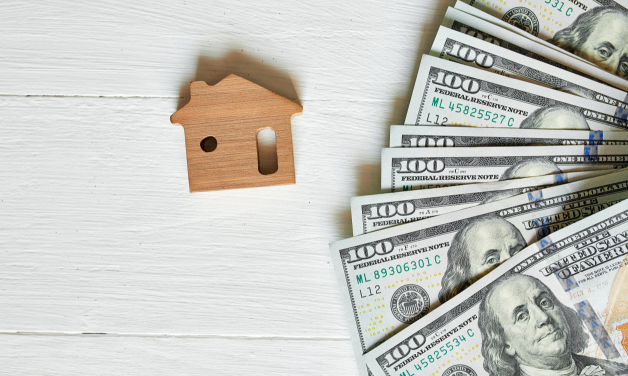
The value of the foreclosed home may fall further, so it is worthwhile to approach the transaction from a long-term perspective. Sure, you can hope for a property flip and a quick resale, but what if you can’t? Are you prepared for a long way? How much will the property cost if you keep it for five or 10 years? Reduce the numbers or you may suffer long-term financial consequences.
12. So How To Avoid Mistakes When Buying a Foreclosure?
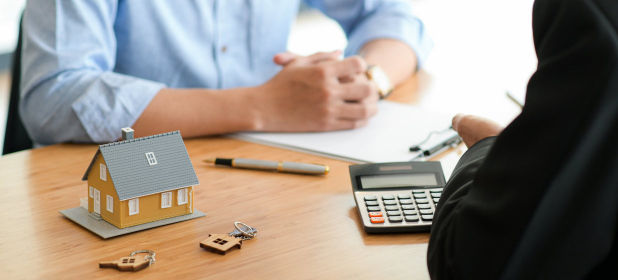
You can get a great deal on a repossessed home, no doubt about that. You can buy foreclosure and turn it into the home of your dreams. But you have to be smart.
Buying a foreclosed home requires you to do your real estate homework. Get help from specialists who will help you through this process. A healthy dose of realism is also wise.
Learn the ins and outs of buying foreclosure by checking out the resources on our blog. We want you to find the home of your dreams, and it could be one that has had an exclusion in its history.
13. Thinking That It Will Closing in 30 or 45 days
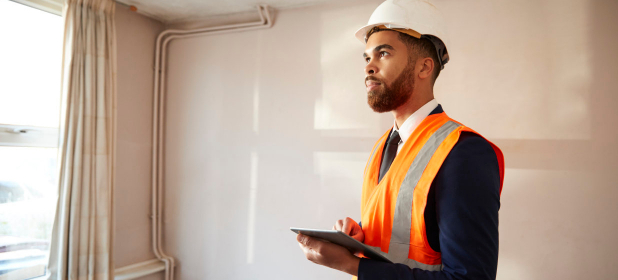
The short sale transaction is different than a regular purchase. Here you have a bank on the other side which can be very slow. Those banks have thousands of properties and people working from 9am to 4pm excluding weekends. Check first those two things
- Short Sale Approved – it will take aproximatelly from 2months to 3 months. Depends in what state and what bank.
- Short Sale Not Approved, it might take from 3months to 12 months when negotiating with a bank.


